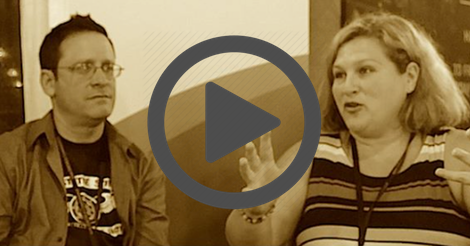At Refuge Recovery Centers, we have since doubled the number of trained EMDR therapists on staff to 10 (11 if you include myself), and that includes our founder Noah Levine. Our staff psychiatrist had to postpone his Part 2 training for scheduling reasons, but the hope is that he will find his way into a Part 2 training and join the fully trained team. Our supervision meetings are now running fully through the prism of the 8 phase protocol and the AIP model, with cases being discussed from the point of view of where the client is in the 8 phases, what resourcing work is being done, whether they are ready for transition into reprocessing, and discharge planning that takes all of this information into account. Addiction specific protocols are discussed and utilized as necessary, as are interventions specific to the variety of comorbid Complex PTSD issues we see at the center, but our main focus is this focus on the possibility of trauma resolution as part of the treatment - regardless of whether it happens at the center, at a lower level of later care, or upon discharge. By acknowledging that not all clients can be prepared and stabilized to that level where reprocessing can begin, but that all clients can go through a profound building of resilience and become familiar with the language and practice of EMDR therapy, we become able to provide trauma focused care while being distinctly not cookie cutter.
The mindfulness that the clients are practicing is that described by the historical Buddha delivered through the Refuge Recovery program, where the 4 Noble Truths and the 8 fold path are distilled into an addictions treatment modality. These practices are helping clients to move into the painful experience of their addictive minds and habits and build distress tolerance while also finding ways to cultivate positive states such as loving kindness and self compassion. Supported by Mindfulness Based Relapse Prevention, Trauma Informed Yoga, Attachment Theory Psychoeducation, and other trauma informed and trauma focused modalities, Buddhist psychology has proven to be a powerful central organizing methodology for addiction treatment. When paired with EMDR therapy, it seems we have a new level of possibility of ending the cycle of addiction. We do this by ending the cycle of untreated trauma while treating the addiction, at the speed that the client is able to tolerate. There is a great deal of hope being generated by this approach, and a lessening of suffering that is profound.
In my next blog post, I will share some of what our clinicians are saying about our work, as well as some of what our clients have to say. Until then...

















